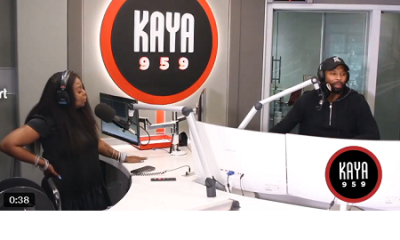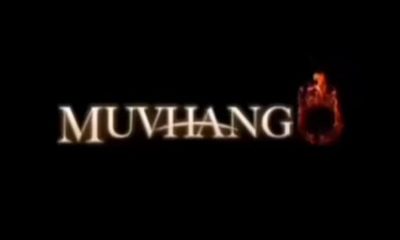Lifestyle
7 Ways to Tell If a Job Ad is Fake – South Africa Telegram & WhatsApp Scam Guide

Let’s talk about something many South Africans are seriously concerned about—fake job offers flooding platforms like Telegram and WhatsApp.
As unemployment rates rise and opportunities become harder to find, more people, especially young adults and students, are desperately searching online for any form of income. Sadly, scammers are taking advantage of this vulnerability, posting deceptive job ads that look real but are nothing more than a trap to steal money, data, or personal identities.
If you’ve ever come across these suspicious job offers, this guide is for you. Here are 7 warning signs to help you identify and avoid falling victim to these scams:
1. They Ask for Money Upfront
This is the number one red flag. Scammers will often say things like, “Pay R150 for your uniform,” or “Send R250 for registration.”
Now think about it—who charges someone to give them a job? It doesn’t make sense. A genuine company would never ask a job seeker for money before hiring them. If someone is requesting payment just to “secure” your spot, run. You’re not getting hired—you’re being targeted.
2. No Legit Company Name or Website
Many of these ads don’t mention any proper company name, physical address, or a working website. Instead, you’ll see vague messages like “Work-from-home admin job available. Message me ASAP!”
That’s a tactic scammers use to avoid being traced. Before applying, always check if the company exists. A quick Google search can help you verify whether it’s a legitimate employer or not. If nothing shows up or the information feels off, stay away.
3. Only Available on Telegram or WhatsApp
When a job ad says the entire process, including the interview, will be conducted only on WhatsApp or Telegram, that’s a major red flag.
Imagine getting a job without a proper phone call, Zoom meeting, or even a physical visit. A text-only interview is not professional. That alone should make you think twice. Real employers don’t operate that way.
4. They Avoid Giving Job Details
Here’s another sneaky tactic: they say, “Don’t worry about the company details, you’ll get everything after registration.” That’s usually code for: “Send money, and we’ll ghost you.”
If the ad doesn’t mention the job title, responsibilities, requirements, or even work location, it’s a scam. Job seekers should always be informed about what they’re applying for.
5. You’re “Hired” Instantly With a Congrats Message
Ever received a message saying “Congratulations, you got the job!” even though you never had an interview? That’s classic scam behaviour.
They’ll follow it up with a payment request to “confirm” your position. But how do you get congratulated without ever sitting for an interview or sending a CV? Exactly—it’s fake.
6. They Ask for Sensitive Personal Info Too Soon
This one’s dangerous. Some scammers go straight to requesting things like your ID number, banking details, or home address.
No real employer will ask for that much personal info at the beginning. If they do, their goal isn’t to hire you—it’s to steal your identity or access your accounts.
7. They Rush You and Ask Too Many Questions Too Fast
Scammers will often rush you into decisions and flood you with questions. You’ll hear things like “You must respond now or lose the opportunity!” or “Submit your info in 10 minutes.”
The goal is to pressure you into acting before you think. Sometimes, they even ask for your login credentials, ID images, or bank statements. If something feels off or too fast, it probably is.
Too many South Africans are losing money and personal information through fake job ads. WhatsApp and Telegram are becoming playgrounds for scammers who prey on vulnerable job seekers. If a job offer feels too good to be true, trust your gut—it probably is.












